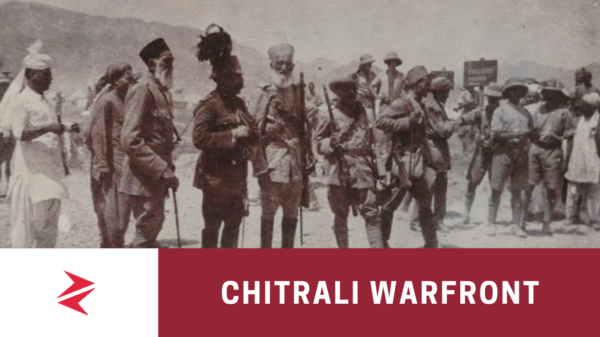The recent paid campaign that featured support for CM Maryam Nawaz’s initiatives from various celebrities has sparked a strong backlash among PTI supporters. The PTI digital head has acknowledged spending $50,000 in 2013. It is likely that the actual and undisclosed amounts are significantly higher.
Anways, they are calling for a boycott of these celebrities, which include:
- Sanam Saeed
- Mikaal Zulifqar
- Saboor Ali
- Urwa Hussain
- Zhalay
- Ayesha Omer
- Aima Baig
- Saba Faisal
- Areeba Habib
- Junaid Akram
The PTI supporters are urging the public to:
- Boycott the dramas, movies, songs, and series of these celebrities.
- Unsubscribe from their YouTube channels.
- Unfollow them on Instagram and other social media platforms.
This move highlights the political polarization and the impact of celebrity endorsements in the current socio-political landscape.
The contrast between Junaid Akram’s and Hamza Bhatti’s reactions to the PML-N’s request for promotional support is quite striking. For instance, Junaid Akram defended the practice of hiring influencers for political campaigns by highlighting that PML-N had tangible achievements to showcase within their first 100 days in Punjab, unlike PTI’s performance in KPK. On the other hand, Hamza Bhatti humorously dismissed the idea of promoting PML-N’s initiatives, reflecting a sarcastic view of the government’s reliance on controlled narratives.
Junaid Akram
Junaid Akram defended the practice of hiring influencers for political campaigns by highlighting that PML-N had tangible achievements to showcase within their first 100 days in Punjab, unlike PTI’s performance in KPK. He also pointed out the hypocrisy of PTI, which has hired PR firms to influence narratives abroad. His stance was more analytical and critical of the political landscape.
Hamza Bhatti
Hamza Bhatti, on the other hand, took a more humorous and dismissive approach. He shared a conversation where he was asked to promote PML-N’s initiatives, and the caller suggested turning off the comments to avoid backlash. Bhatti’s response, filled with laughter, implied a sarcastic view of the situation, summing up his perception of the government’s reliance on controlled narratives.
Comparison
- Tone and Approach: Junaid’s approach is more analytical, offering a critique of both PML-N and PTI, while Hamza’s is more sarcastic and dismissive.
- Engagement with Political Campaigns: Junaid acknowledges the use of influencers as a legitimate political strategy, whereas Hamza mocks the idea, highlighting the perceived futility of the initiative.
- Perspective on Backlash: Junaid focuses on the broader implications and the political hypocrisy, whereas Hamza emphasizes the superficial aspects, such as turning off comments to manage public perception.
Both influencers provide a critical view of the political scenario, but they do so in markedly different ways, reflecting their individual styles and perspectives on the use of social media in politics.
